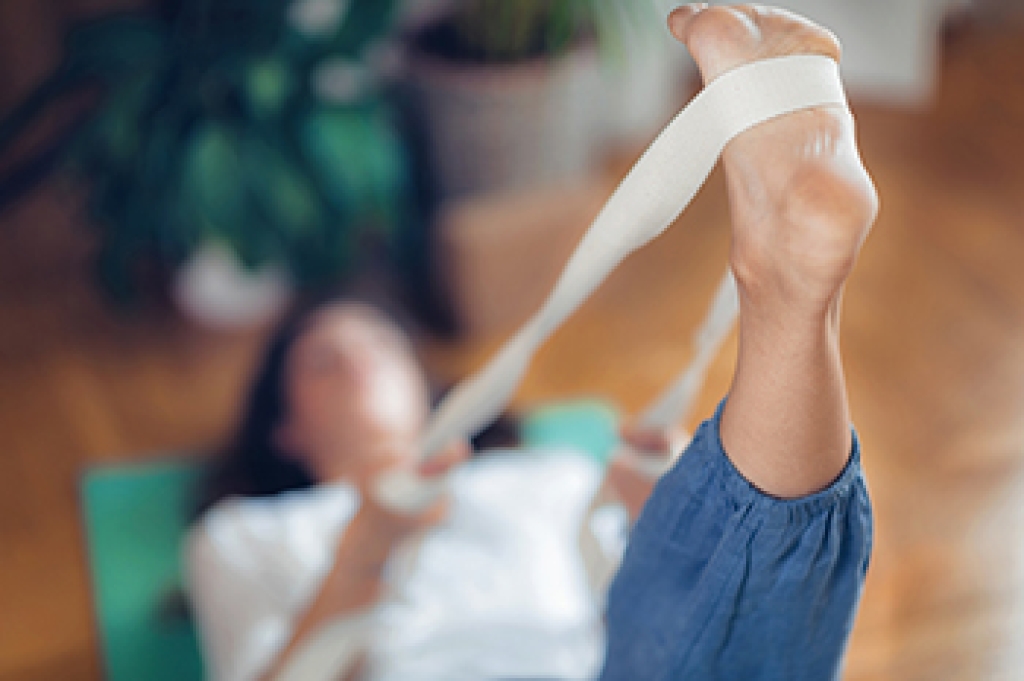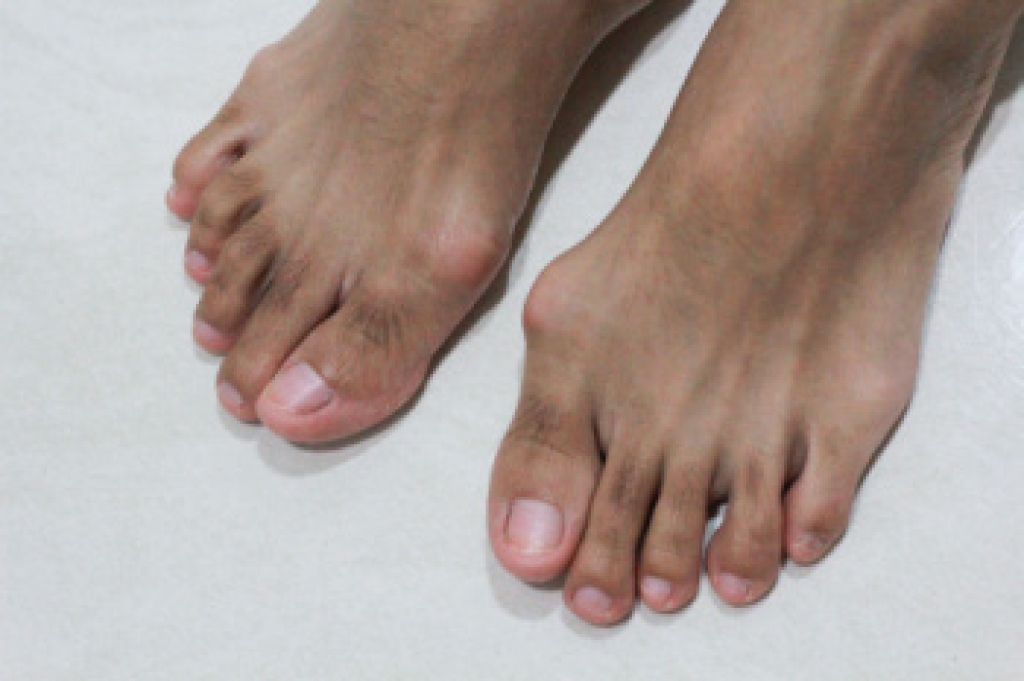
Tight ankles, calves, and foot pain can significantly affect mobility and comfort. To relieve these issues, certain foot exercises can be highly effective. One simple exercise is ankle stretches, where you gently pull the foot towards you, holding for several seconds to stretch the ankle. This helps release tightness and improve flexibility. To target tight calves, try calf stretches by standing with your hands against a wall and leaning forward to stretch the calf muscles. Another useful exercise is the towel stretch, where you sit with your legs extended, using a towel around the foot to pull it towards you, stretching both the calves and the foot. Additionally, rolling a tennis ball under the foot can alleviate tension and promote blood circulation. Regularly performing these exercises can help reduce pain, increase flexibility, and improve overall foot health. If you have sustained foot pain, it is suggested that you consult a podiatrist who can treat various foot conditions, and guide you on how to practice appropriate foot exercises.
Exercising your feet regularly with the proper foot wear is a great way to prevent injuries and build strength. If you have any concerns about your feet, contact Charles Oehrlein, DPM from Hoover Foot Care. Our practitioner can provide the care you need to keep you pain-free and on your feet.
Exercise for Your Feet
Exercise for your feet can help you gain strength, mobility and flexibility in your feet. They say that strengthening your feet can be just as rewarding as strengthening another part of the body. Your feet are very important, and we often forget about them in our daily tasks. But it is because of our feet that are we able to get going and do what we need to. For those of us fortunate enough to not have any foot problems, it is an important gesture to take care of them to ensure good health in the long run.
Some foot health exercises can include ankle pumps, tip-toeing, toe rises, lifting off the floor doing reps and sets, and flexing the toes. It is best to speak with Our practitioner to determine an appropriate regimen for your needs. Everyone’s needs and bodies are different, and the activities required to maintain strength in the feet vary from individual to individual.
Once you get into a routine of doing regular exercise, you may notice a difference in your feet and how strong they may become.
If you have any questions, please feel free to contact our office located in Hoover, Oneonta, and Munford, AL . We offer the newest diagnostic and treatment technologies for all your foot care needs.




